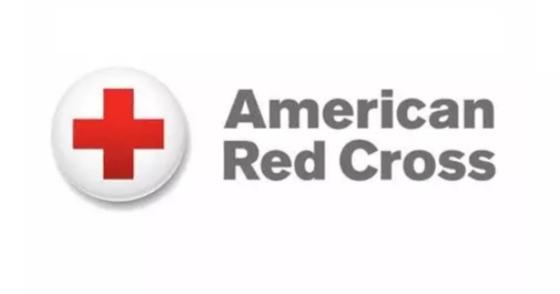– Information courtesy of the American Red Cross
The week of May 5-11 is National Hurricane Preparedness Week and disaster relief agencies like the American Red Cross encourage residents to take a few minutes now to get ready before the hurricane season blows in. The Atlantic hurricane season is June 1 through November 30, but it’s never too early to be thinking about how to prepare to weather a storm and its aftermath.
“The American Red Cross is taking this year’s forecast for an above average hurricane season very seriously,” said Allison Taylor, Regional CEO of Humanitarian Services, Red Cross North Carolina region. “The American Red Cross works closely with local, state, and federal officials, along with partner community organizations, to respond to disasters and meet basic emergency needs before, during, and after disasters. With our disaster volunteers and partners ready to meet the needs of our communities, the North Carolina Region is ready to respond this season.”
Early forecasts indicate there could be a near-record number of storms this year and experts even warn that the first named storm could form before the season begins. They are calling for as many as 25 named storms with up to a half dozen having a direct impact on the U.S.
“We encourage everyone to take time now to get ready for potential disasters this spring and summer,” said Taylor. “You can do so by updating your emergency supply kit, building a plan, and staying informed of weather risks in your area.”
If you live in areas prone to hurricanes, now is the perfect time to get prepared. Here are some simple steps you can take to be prepared:
- Create an evacuation plan. Plan what to do in case you are separated from your family during an emergency and if you have to evacuate. Coordinate your plan with your child’s school, your work and your community’s emergency plans. Plan multiple routes to local shelters, register family members with special medical needs as required and make plans for pets. If you already have an emergency plan, update it and review with household members so everyone knows what to do if an emergency occurs.
- Build an emergency kit with a gallon of water per person, per day, non-perishable food, a flashlight, battery-powered radio, first aid kit, medications, supplies for an infant and pets if applicable, a multi-purpose tool, personal hygiene items, copies of important papers, cell phone chargers, extra cash, blankets, maps of the area and emergency contact information. If you already have a disaster kit, make sure the food and water is still okay to consume and that copies of important documents are up to date.
- Be informed. Find out how local officials will contact you during a disaster and how you will get important information, such as evacuation orders.
Download the free Red Cross First Aid app so you’ll know what to do if emergency help is delayed and the free Emergency app for weather alerts, open Red Cross shelter locations and safety steps for different emergencies. Choose whether you want to view the content in English or Spanish with an easy-to-find language selector. Find these and all of the Red Cross apps in smartphone app stores by searching for the American Red Cross or going to redcross.org/apps.
In addition to taking these preparedness steps, we also have important safety information available for you on hurricanes.
